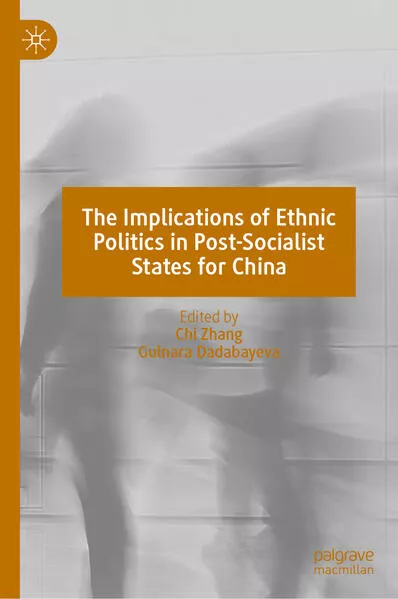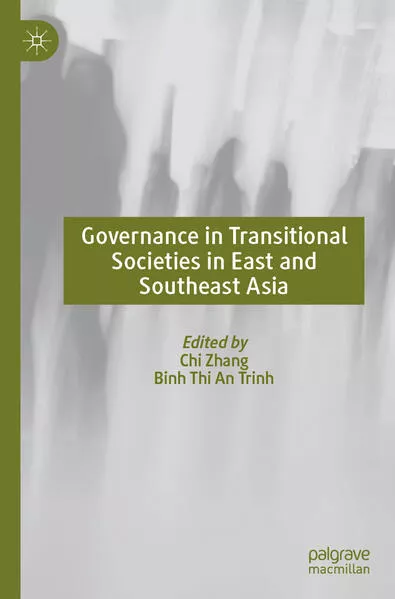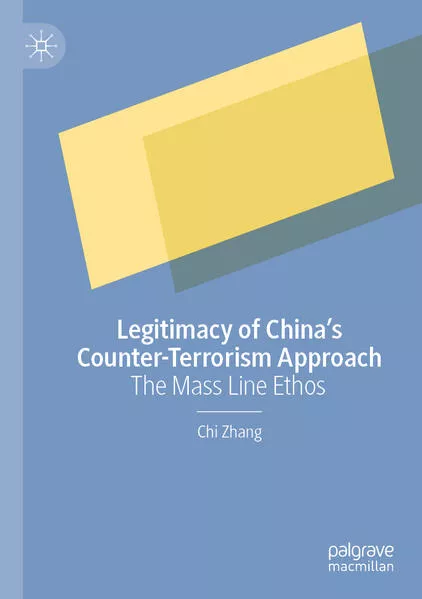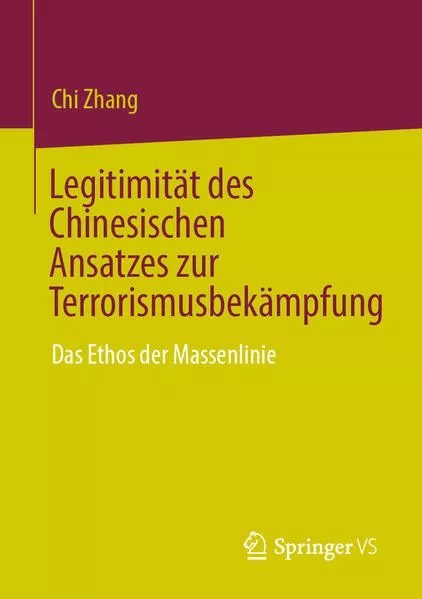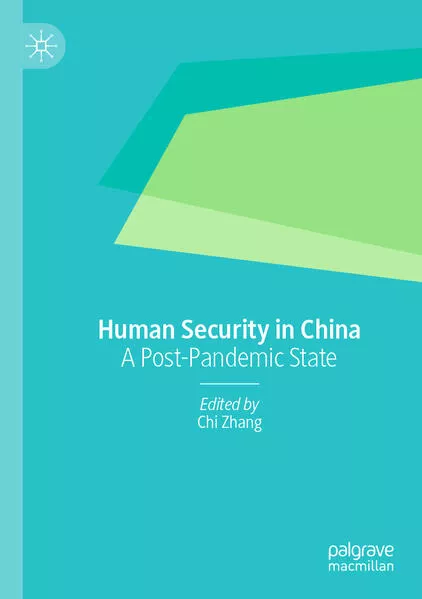
- Publikationen ca: 11
- Fragen & Antworten
Chi Zhang
- The Implications of Ethnic Politics in Post-Socialist States for China
- Governance in Transitional Societies in East and Southeast Asia
Chi Zhang is British Academy Postdoctoral Fellow at the University of St Andrews and an Associate Member of the Handa Centre for the Study of Terrorism and Political Violence. Her areas of research interest fall broadly within security studies, constructivism and Chinese political philosophy. She holds a PhD in Politics and International Studies from the University of Leeds, and a master’s degree in South Asian Area Studies from the School of Oriental and African Studies. She published in Terrorism and Political Violence, Studies in Conflict & Terrorism, Politics and Religion and Asian Security.
The Implications of Ethnic Politics in Post-Socialist States for China
This book examines the intricate and under-explored dynamics of ethnic politics in post-socialist states and their implications for China. While focusing on the political, cultural, and ethnic landscapes of Central Asia and their connections to China, the volume highlights how shared historical legacies and emerging geopolitical realities shape ethnic policies and state relations.
The Implications of Ethnic Politics in Post-Socialist States for China
This book examines the intricate and under-explored dynamics of ethnic politics in post-socialist states and their implications for China. While focusing on the political, cultural, and ethnic landscapes of Central Asia and their connections to China, the volume highlights how shared historical legacies and emerging geopolitical realities shape ethnic policies and state relations.
Governance in Transitional Societies in East and Southeast Asia
This book brings together scholars based in, or had previously been based in a range of East and Southeast Asian countries, building on their respective primary empirical data and first-hand experience as academics and think tank researchers, in order to pluralise the current debates about governance in transitional societies.
Governance in Transitional Societies in East and Southeast Asia
This book brings together scholars based in, or had previously been based in a range of East and Southeast Asian countries, building on their respective primary empirical data and first-hand experience as academics and think tank researchers, in order to pluralise the current debates about governance in transitional societies.
Governance in Transitional Societies in East and Southeast Asia
This book brings together scholars based in, or had previously been based in a range of East and Southeast Asian countries, building on their respective primary empirical data and first-hand experience as academics and think tank researchers, in order to pluralise the current debates about governance in transitional societies.
Legitimacy of China’s Counter-Terrorism Approach
This book examines how the Chinese Communist Party (CCP) has sought to legitimise its counter-terrorism strategy in the eyes of its domestic and international audiences. An important element of CCP policy in Xinjiang has been the deployment of ordinary Chinese citizens, or the 'mass line,’ to create new realities on the ground.
Legitimität des Chinesischen Ansatzes zur Terrorismusbekämpfung
In diesem Buch wird untersucht, wie die Kommunistische Partei Chinas (KPCh) versucht hat, ihre Strategie zur Terrorismusbekämpfung in den Augen ihrer nationalen und internationalen Öffentlichkeit zu legitimieren. Ein wichtiges Element der KPCh-Politik in Xinjiang war der Einsatz gewöhnlicher chinesischer Bürger oder die "Massenlinie", um neue Realitäten vor Ort zu schaffen.
Legitimität des Chinesischen Ansatzes zur Terrorismusbekämpfung
In diesem Buch wird untersucht, wie die Kommunistische Partei Chinas (KPCh) versucht hat, ihre Strategie zur Terrorismusbekämpfung in den Augen ihrer nationalen und internationalen Öffentlichkeit zu legitimieren. Ein wichtiges Element der KPCh-Politik in Xinjiang war der Einsatz gewöhnlicher chinesischer Bürger oder die "Massenlinie", um neue Realitäten vor Ort zu schaffen.
Human Security in China
This book explores the emergent concept of 'human security' within the political context of COVID-19 Chinese politics. For decades, Western nations have used 'human rights' as a rubric with which to scold Chinese leaders, betraying a fundamental unwillingness to accept diversity of governance systems.
Legitimacy of China’s Counter-Terrorism Approach
This book examines how the Chinese Communist Party (CCP) has sought to legitimise its counter-terrorism strategy in the eyes of its domestic and international audiences. An important element of CCP policy in Xinjiang has been the deployment of ordinary Chinese citizens, or the 'mass line,’ to create new realities on the ground.
Legitimacy of China’s Counter-Terrorism Approach
This book examines how the Chinese Communist Party (CCP) has sought to legitimise its counter-terrorism strategy in the eyes of its domestic and international audiences. An important element of CCP policy in Xinjiang has been the deployment of ordinary Chinese citizens, or the 'mass line,’ to create new realities on the ground.
